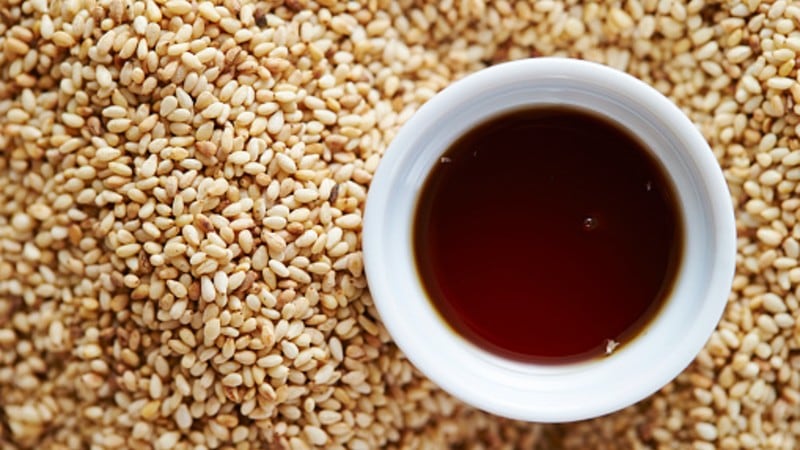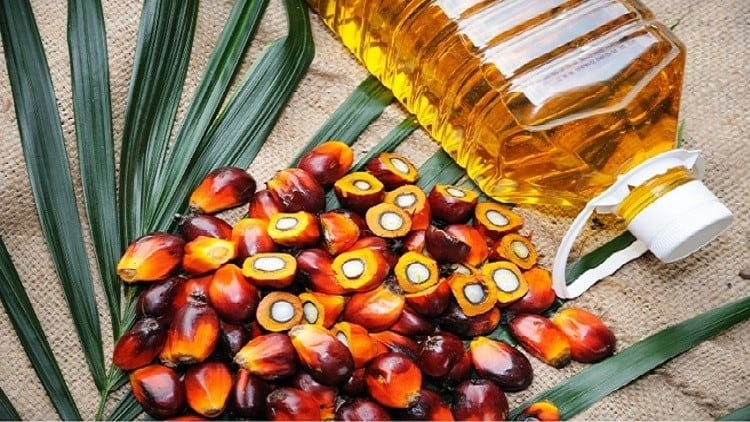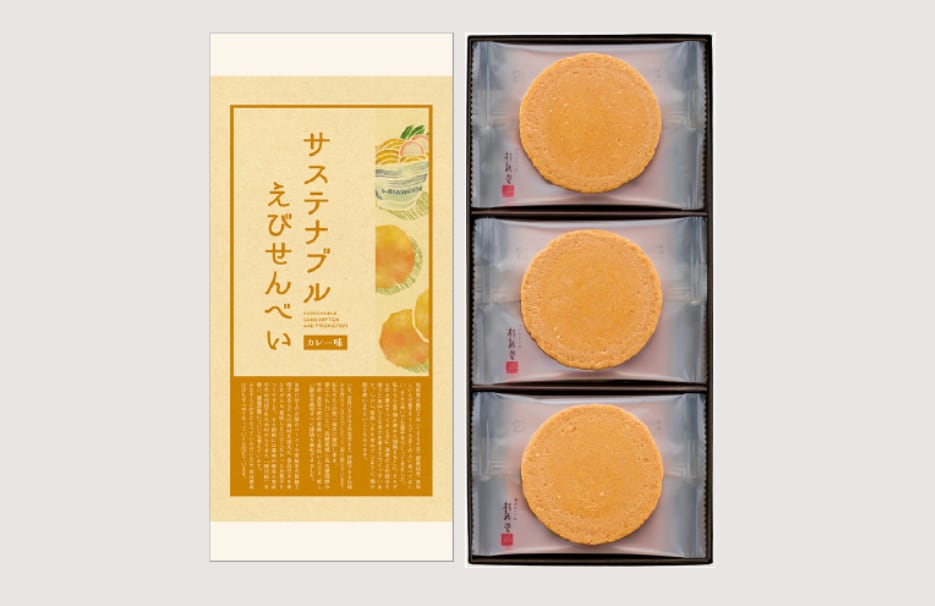The guidelines were published by China’s State Administration for Market Regulation (SAMR), calling upon consumers to pay more attention to food labels when making sesame oil purchases.
“Sesame oil is one of the most traditional edible oils used in China which is highly popular with consumers due to its a strong fragrance – these guidelines have been issued in order to ensure that consumers are able to safely purchase this based on scientific principles,” said SAMR via a formal statement.
“It is first important to read the nutritional labels when buying sesame oil – to be called sesame oil, the main ingredient should be sesame and sesame only, not including any other type of oil or vegetable oil. All others should not be labelled as sesame oil.
“There are other types of edible oils on the market currently which use rapeseed oil or cotton seed oil as part of the ingredients [but these must not be labelled or adulterated as sesame oil] – the correct name for this is ‘blended vegetable oil’ and the label must state the proportions of each type of oil used.”
Consumers were also warned to only purchase sesame oil from dependable sources where they can be sure the proper food safety certificates and licences have been obtained due to the high risk of contamination or adulteration otherwise.
“The recommendation is to purchase pre-packaged sesame oil from the manufacturers at retail stores with the proper licences such as supermarkets or shopping malls – if attempting to buy this online, consumers will need to be clear about the product information, request proper certifications and licensing from the seller, and keep evidence of the online transaction,” said SAMR.
“We also strongly advise against buying ‘freshly-pressed’ sesame oil from small stalls as these products have not been through strict controls and selections, so there are not only high food safety risks here but also no guarantees regarding the quality and after-sale service.”
SAMR also advised consumers to pay close attention to characteristics such as colour and smell – pure sesame oil is said to be ‘light-red, orange-red or yellowish-red’ whereas blended oil will be more of a dark yellow if mixed with rapeseed oil or blackish-red if mixed with cotton seed oil.
China Ministry of Public Security Food and Drug Crimes Division Director Lu Wuqin revealed in a separate statement that as his division had detected over 2,300 crimes in the country relating to the production and sale of toxic and harmful foods not meeting safety standards of June this year via the ‘Kunlun 2021’ campaign. Edible oil was highlighted as one of the main areas of focus, along with meat, alcohol, condiments and health foods.
India’s oil adulteration woes
China is not the only country to have had trouble with oil fraud – earlier this year, the Food Safety and Standards Authority India (FSSAI) had to enforce a ban on blended mustard oils to prevent adulteration in the country.
“Any multi-source edible vegetable oil containing mustard oil [is prohibited and all] multi-source edible vegetable oils shall not be sold in loose form [but] in sealed package weighing not more than 15kg,” said FSSAI CEO Arun Singhal via a formal notice.
Mustard oil is a pungent, dark coloured oil which is highly prized in India as a premium product as the Ayurvedic system of traditional medicine believes this to carry health properties such as being antifungal and antibacterial.
Its characteristics however also make it easy to be adulterated as its pungency and colour allowed for blending to be done with other poor quality oils, leaving little trace to the naked eye and nose – somewhat similar to sesame oil, which also has a strong fragrance, although its colour is still somewhat more distinguishable to the observant.
Consumption advice
In addition to its sesame oil guidelines, SAMR also issued another statement on the consumption of edible oil in general, advising consumers to limit intake within 25g to 30g daily.
“When cooking with oils, it is also important to avoid the oil temperature going too high such as in deep frying as it will not only cause changes to the chemical structure of the oil which will affect digestion, but also damage any content of vitamin A, D or E in it which will greatly drive down its nutritional value,” said the ministry.
“In fact, we advise all families to avoid deep frying altogether and opt for steaming, boiling, poaching or blanching instead.”





